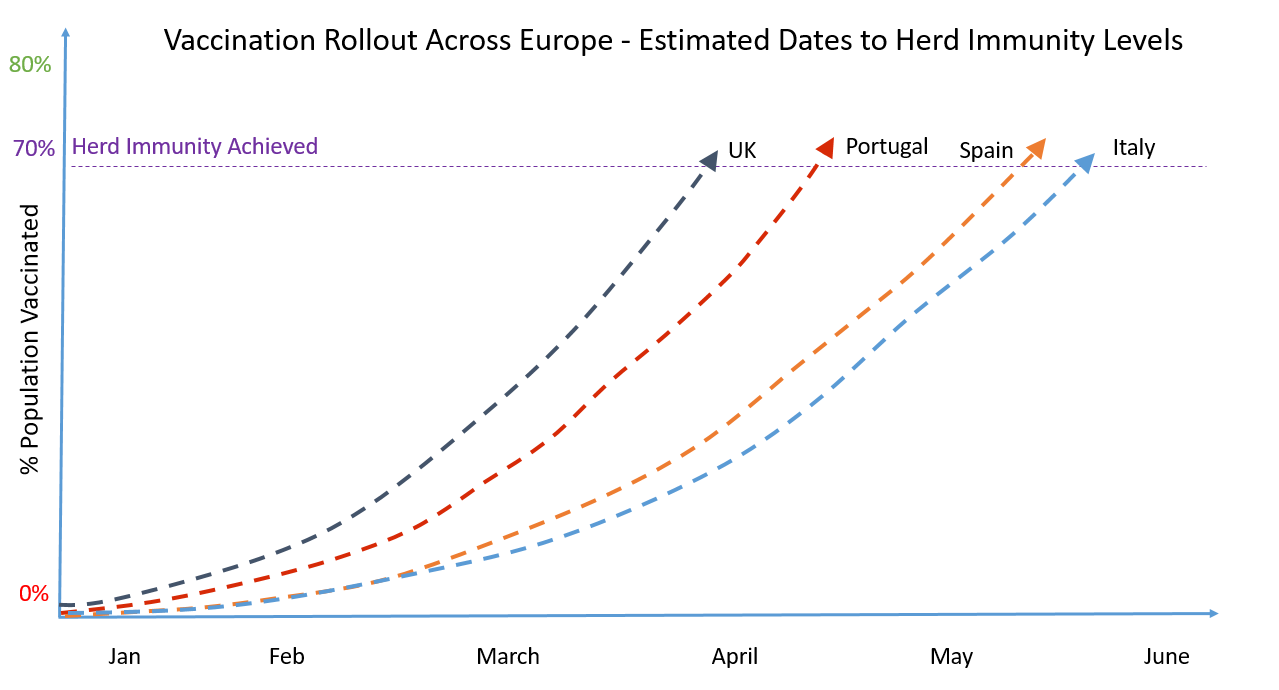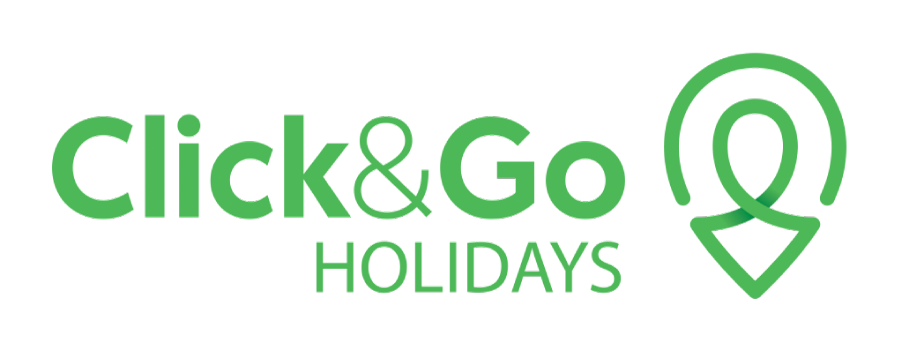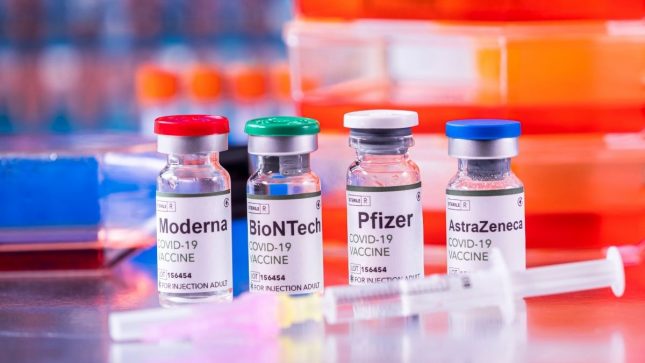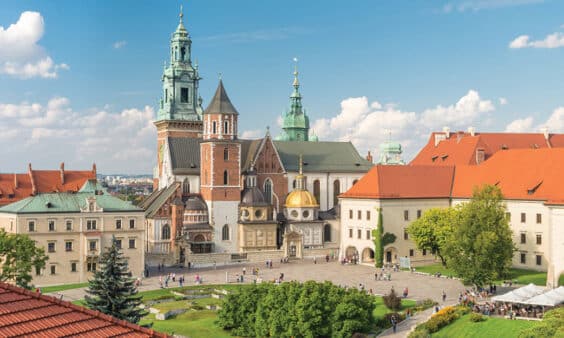In December, the news was flooded with hopeful announcements of COVID-19 vaccines. After 9 long months, an end to the pandemic was finally in sight. Under the EU distribution, Ireland would receive 1% of each vaccine the European Union ordered.
The first vaccine to land on our shores was the Pfizer BioNTech vaccine on Stephen’s Day with the rollout beginning the following Tuesday. The promise of a vaccine was finally a reality, but when would the vast majority of the population be vaccinated by?
How many doses of the vaccine will we receive?
If all vaccines are approved by the European Medicines Agency, Ireland is set to receive over 14 million doses. Given most of the vaccines, including Pfizer BioNTech, require 2 doses, this is more than enough to cover our population of just under 5 million people.
- Pfizer BioNTech: 2.2 million doses
- AstraZeneca: 3.3 million doses
- Moderna Theraputics: 880,000 doses
- CureVac: 2.475 million doses
- Sanofi GSK: 3.3 million doses
- J&J: 2.2 million doses
The Pfizer BioNTech, Moderna and AstraZeneca vaccines are all estimated (at the earliest) to be delivered in January. CureVac is hoped to follow in February.
How far into the vaccination rollout are we in Ireland?
In the first week of vaccinations, just 4,000 people were vaccinated across the first priority group. As long-term care facilities are in the top priority group, the rollout was slower to start due to issues around consent to be vaccinated. On the 7th of January, the HSE announced that Ireland has received a total of 81,900 vaccine doses and 15,314 people had been vaccinated to date.
Roughly 40,000 doses of the Pfizer BioNTech vaccine will arrive in Ireland each week in January, according to Health Minister, Stephen Donnelly. The weekly target for vaccinations was initially 15,000 people but has since been increased to 35,000. You can see the vaccine allocation groups here.
Taoiseach Michael Martin has stated that 135,000 people will be fully vaccinated, i.e. received both doses of the vaccine, by the end of February. This figure includes 75,000 people in long-term care facilities and up to 60,000 frontline workers.
How does Ireland compare internationally in terms of COVID-19 vaccine rollout?
Worldwide, as of January 5th, there have been 14.56 million doses of the COVID-19 vaccine administered. Over the past week, Israel has been in the headlines for the scale and speed of their vaccination programme. Within 3 weeks, Israel vaccinated almost 15% of its 9.3 million population with the first dose of Pfizer BioNTech’s vaccine.
In Europe, Denmark, a country with a similar population to Ireland, has the highest vaccination rate with just over 51,000 of it’s 5.8 million people already vaccinated.
In comparison with the UK, the USA and other countries across Europe, we are still lagging behind:
When will other countries be vaccinated?
It’s hard to say exactly when different countries will be vaccinated. It depends on vaccine approval, delivery of vaccines and the speed of vaccination once they’re delivered. Across Europe, frontline workers and the elderly are the main priority groups for vaccinations. Most countries plan to have these groups vaccinated by the end of April and then begin vaccinating the wider population.

Portugal, a country of just over 10 million people, has a three-phase rollout. Their Vaccination Task Force hope to vaccinate 50-70% of the population by the end spring with the aim of vaccinating 55,000 people a day.
In Spain, the first doses of the Pfizer BioNTech vaccine have arrived, but their rollout, like our own, got off to a slow start. So far, in the Canaries, 5,600 doses have been administered. In the Balearics, 2,195 doses have been administered and in Andalusia (home to the Costa del Sol), 26,464 doses have been administered. Their government hopes to have 2.5 million people vaccinated by the end of March.




